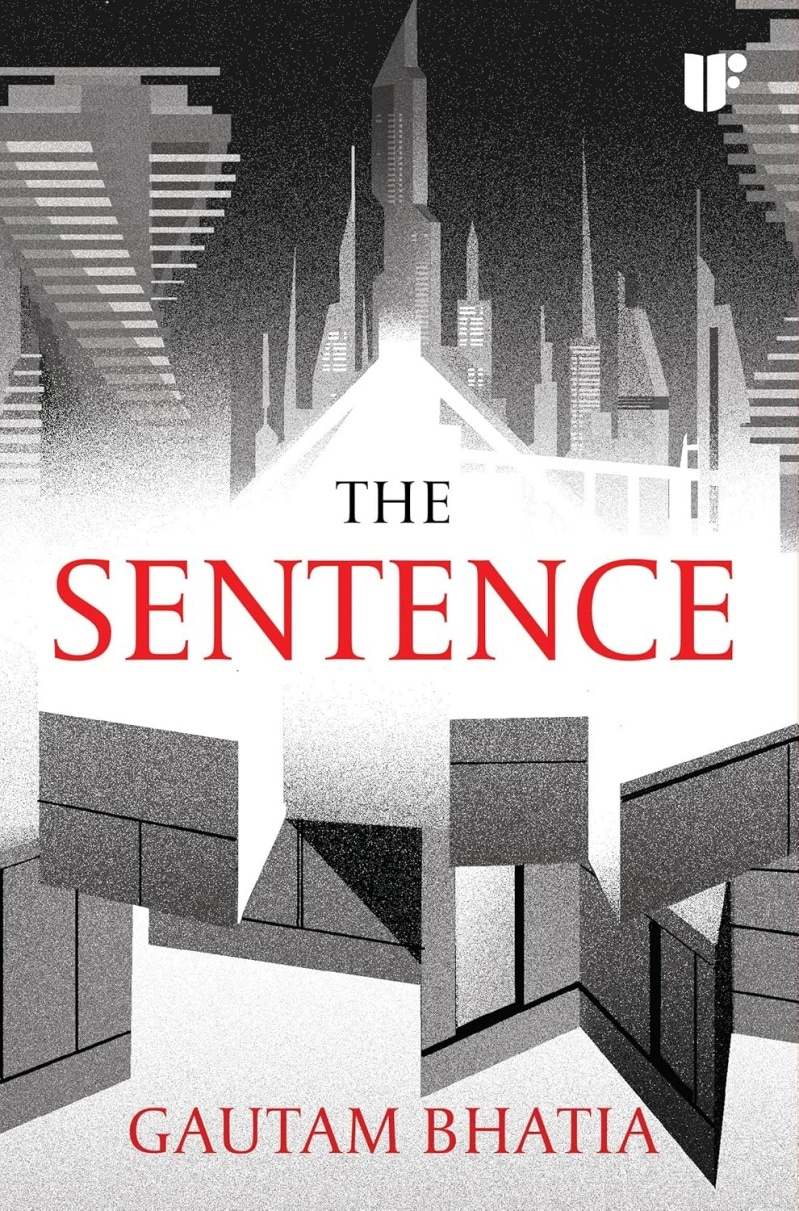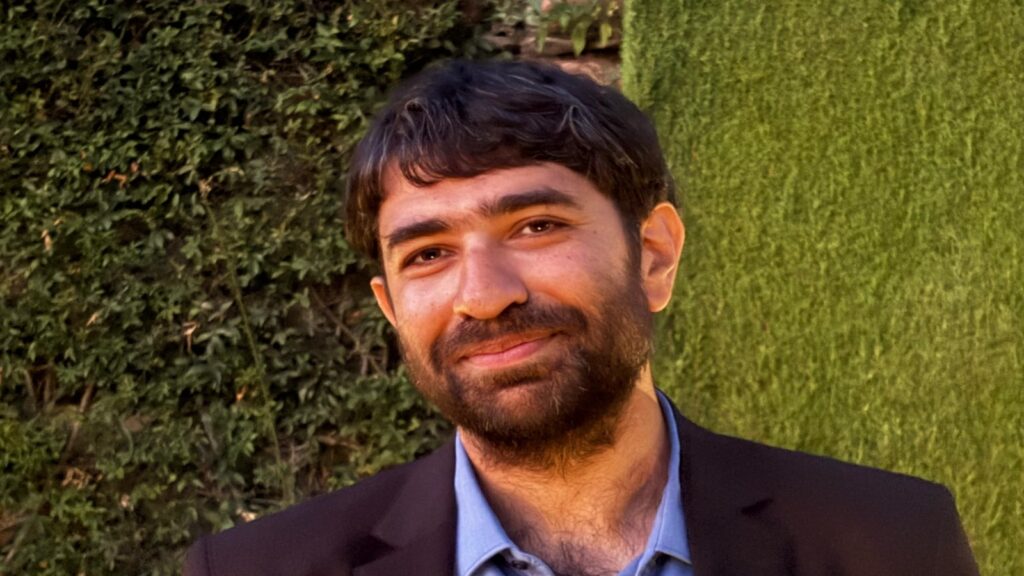Constitutional law and science fiction don’t sound like they belong together – but don’t try to tell that to Gautam Bhatia, a lawyer and adjunct faculty member at Jindal Global Law School. His latest sci-fi novel, The Sentence, sits on bookshelves alongside a previous sci-fi duology — The Wall and The Horizon — and six volumes on different aspects of constitutional law.
Both sci-fi series feature distinctly constructed worlds, with their own histories and struggles – perhaps it is apt that a constitutional scholar is the one who created them.
A graduate of Bengaluru’s National Law School of India University (NLSUI), Bhatia, 36, began his foray into writing science fiction as a law student. He recalls, “There was a very strong interest in science fiction at NLSIU…it definitely played a big part in my career as a fiction writer. Much of my reading in college was via Blossoms (in Church Street). They had a lot of books affordable for students.”
Bhatia first came into contact with the worlds of fantasy and science fiction as a Class 6 student, when his parents bought him a copy of J R R Tolkien’s The Hobbit. Isaac Asimov’s Foundation followed the next year. Both are foundational works in their genres, but extraordinarily distinct from each other – Tolkien envisioned a classic heroes’ journey by an unlikely protagonist, while Asimov’s narratives span a galaxy, taking centuries to come to completion.
 The Sentence by Gautam Bhatia (Express photo)
The Sentence by Gautam Bhatia (Express photo)
Bhatia says, “I was immediately immersed and very interested in writing. As a teenager, I wrote tons of fan-fiction…later on, a major influence on The Wall, but a much greater influence on The Horizon is Ursula Le Guin. Of course, Le Guin’s most famous book is The Dispossessed, which goes into the mechanics of an anarchist society. I do something similar in The Sentence.”
He adds, “In many ways, the genre has passed Asimov by, and he is dated now. But he still informs the way sci-fi writers think – the idea of empire, and how you deal with that. So he continues to exert a pull over the genre, even though it is more diverse and plural now.”
Bhatia’s works in the field of law stretch from an academic outlook, such as an analysis of constitutionalism in Kenya, to books designed to explain facets of the Indian Constitution to informed readers who may or may not be familiar with the law, such as his recent book The Indian Constitution: Conversations with Power.
Story continues below this ad
Bhatia said, “Writing fiction and non-fiction are entirely different projects. Your mental state is different….the way you use language is so radically different. In certain ways, the two do inform each other, but the process is completely different. In genre fiction, you have the “gardener” or “architect” approach. I am much more of a gardener. I often end up beginning with an image and an ending. With The Sentence, I began with the image of a person stuck in a cryo-chamber, and I knew how the story would end. The rest of the novel unfurls around that.”
While a new generation of Indian sci-fi writers has begun to make their mark, Bhatia, also a coordinating editor at the Strange Horizons sci-fi magazine, notes that the genre as a whole still has a way to go in India. He says, “In India, it is only Westland that has a sci-fi publishing imprint. If you look at the West, you have imprints, sci-fi conventions, entire communities of reviewers and critics, magazines, awards etc. There is an entire support system. We do not have that in India at this point of time.”
By way of advice to sci-fi beginner writers, apart from the usual emphasis on reading, Bhatia says, “Look at what the author is trying to do. Try to get behind their intentions — the more you write, the better you will become. You need friends who will give you constructive advice, who will not mollycoddle or destroy you.”
Another novel in the world of The Sentence is in the works following its acquisition by American publishing house Simon & Schuster for an international edition. Interested readers can also meet him at the Champaca Bookstore in Bengaluru in October, when he is scheduled to release a sci-fi anthology.


